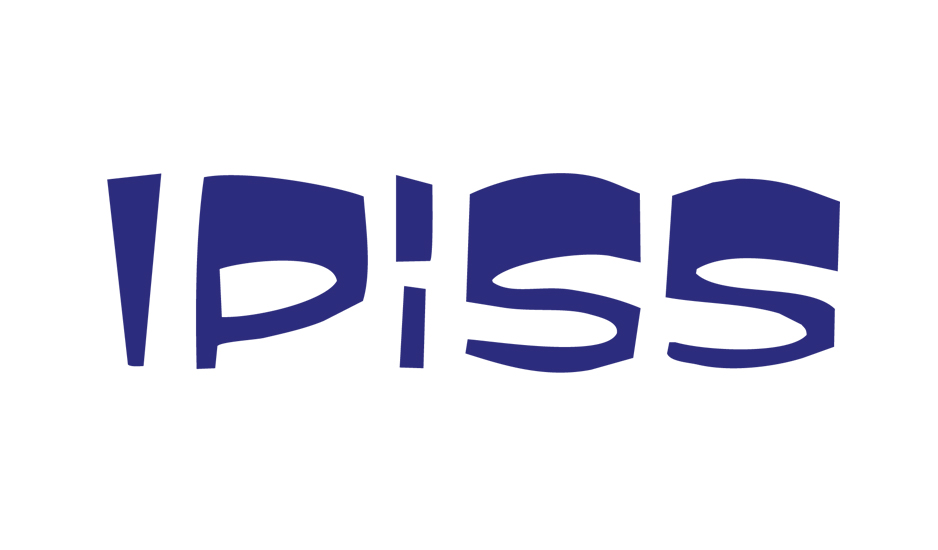Project „Future Education – Remote Training and Vocational Education: Online Course Program for Social Workers within the Child Care System”. Its goal is to supplement and update knowledge in the field of assistance and social support for social workers working with children and youth at risk of social exclusion. The course is posted on an educational platform and involves self-directed remote learning.
Project of the Center for Vocational Development and the Institute of Labor and Social Affairs
„Future Education – Remote Training and Vocational Education”
Task 4. Online Course Program for Social Workers within the Child Care System
Course Content Development: Dr. Ewa Grudziewska, Dr. Katarzyna Ziomek-Michalak
You are receiving the online course for social workers to test. It has been developed as part of a project funded by Norwegian funds. Its aim is to supplement and update the knowledge in the area of assistance and social support for social workers working with children and youth at risk of social exclusion. The course is posted on an educational platform, involving self-directed remote learning. It comprises 6 thematic modules, each of which follows a recurring structure:
Module Structure (6 hours):
- Reflection – the functioning of a social worker in a professional practitioner role; reflection begins each module and continues in subsequent course modules – it has a continuous, processual nature, with each stage building upon and deepening the previous one – 1 hour
- Lecture – theoretical introduction to the subject matter of the module – 2 hours
- Engaging/interactive exercises on the online platform, compliant with the H5P standard – 1 hour
- Consultations – supervision, group format, meeting with an experienced practitioner (Clickmeeting) – 2 hours
- Self-directed study materials
The estimated total duration of the entire course is 36 hours.
The course covers the following thematic modules:
- Interpersonal Communication in the Perspective of Social Work – 6 hours
Definition of interpersonal communication; types of communication; disruptions and errors in communication; resistance and techniques for dealing with resistance. Definition and essence of assertiveness; Nonviolent Communication in social work. - Selected Methods Used in Social Work – 6 hours
Solution-Focused Approach, Motivational Dialogue, Family Group Conference, Support Circles, Social Project, Sociotherapy in working with foreigners, including refugees. - Child Neglect by Parents – 6 hours
Concept of violence, types; neglect as a specific form of violence – emotional neglect, neglect of caregiving and educational functions; forms of support and assistance. - Mental Health – 6 hours
Definition of mental health and mental crisis; determinants of mental health; factors hindering the healing process; forms of help and support in the healing process for social worker practice. - Problem Solving and Conflict Resolution – 6 hours
Problems and conflicts – definitions, types; conflict resolution strategies; negotiations and mediations as conflict resolution methods; mediation skills for social workers. - Challenges in Working with Youth – Social Support and Assistance – 6 hours
Adolescence in developmental psychology; developmental tasks of adolescents: early and late adolescence; areas of youth development: physical, socio-cultural, cognitive, emotional, identity; peer violence; substance abuse; forms of support and assistance.
The entire course is built on the 5E educational model (Engage, Explore, Explain, Elaborate, Evaluate). This methodology places special emphasis on experiential learning, collaboration, real engagement, and understanding specific content. Achieving these goals requires actions based on:
▪ engagement (Engage) – the methods used in the course stimulate participants’ motivation for learning and development, engaging them (using methods of self-directed learning, assigning tasks involving finding solutions, fostering reflection, etc.);
▪ exploration (Explore) – the course introduces problem-solving tasks, in the area of independent exploration of solutions by participants, both individually and in group meetings – in collaboration with a practitioner during online meetings (intervisions). In this case, the role of the meeting facilitator is to guide the participants’ work, indicate where they can find information, how to analyze the problem, etc., actions directing participants to independently find solutions. The materials necessary for task implementation are available on the platform;
▪ explanation (Explain) – the role of the course is to provide participants with knowledge, explain the discussed issues, demonstrate various ways of solving problems related to work, etc. This means that the course emphasizes consultations with participants during Clickmeeting sessions;
▪ elaboration (Elaborate) – participants have freedom in terms of the time needed to master individual course modules, as well as the scope of finding their own solutions. More important than learning time is building participant engagement, which minimizes the risk of discontinuing participation in the course before its completion;
▪ evaluation (Evaluate) – providing participants with feedback at all course stages, which is ensured through the use of self-assessment tasks and group intervisions with the practitioner (online meetings). The result of the assessment is provided to participants immediately after completing the task (exercises with automatic feedback).

